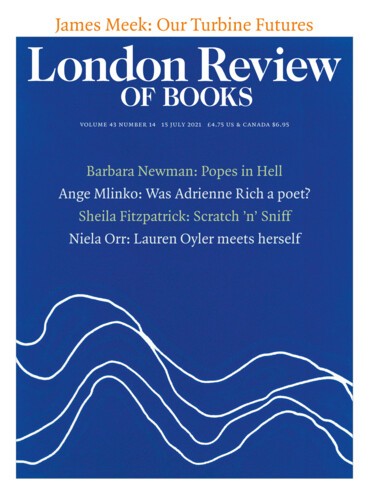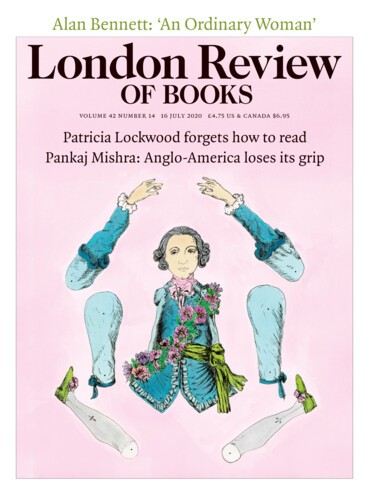The Tokyo-based duo Incapacitants deploy feedback, vocals and ‘various electronics’ to generate noise for the sake of noise.
Philip Clark
Philip Clark is working on a new book, Sound and the City, about the history of sound in New York.
True Bromance: Ravi Shankar’s Ragas
Philip Clark, 15 July 2021
.
His Own Sort of Outsider: Tippett’s Knack
Philip Clark, 16 July 2020
By the time his first opera, The Midsummer Marriage, had its premiere at Covent Garden in 1955, Michael Tippett was considered, alongside Benjamin Britten, the most significant and original British composer of his generation. Yet he was also the natural outsider in a scene that as well as Britten (born 1913), included William Walton (1902) and Lennox Berkeley (1903), with the reassuring...
A decade ago, the cellist Anton Lukoszevieze was reading Gene Santoro’s magisterial biography of Charles Mingus, Myself When I Am Real, when a brief mention of a forgotten, maybe even lost composition captured his imagination. Mingus’s String Quartet No.1 was performed for the first and, during his lifetime, only time at the Whitney Museum in New York in 1972. It wasn’t recorded. Lukoszevieze got copies of the sheet music from the Mingus papers housed at the Library of Congress in Washington DC and discovered that, true to form, Mingus had rewritten the rulebook, including a part for voice and trading one of a conventional string quartet’s violins for a second cello.
In May 2002, the free jazz pianist Cecil Taylor performed at the Barbican with the post-minimalist classical ensemble Bang on a Can All-Stars. I managed to slip backstage during the rehearsal. It was tense. Taylor, wearing a dressing gown and pink fluffy slippers, was in the process of firing half the ensemble. Bang on a Can’s keyboard player had already gone, and a procession of other players would soon follow. Their sin seemed to have been to read Taylor’s graphic sketch for how the evening’s music might evolve too literally. With the concert itself underway, Taylor ritualistically shredded his sketch and encouraged the remaining Bang on a Can musicians to do the same: they were going to have to improvise. A hapless guitarist threw a rock riff at Taylor, which he immediately bounced back as an open-ended question: is that the best you can do? Then he turned his back on the ensemble and carved out a cavernous wall of sound with his own drummer, Tony Oxley.
Read anywhere with the London Review of Books app, available now from the App Store for Apple devices, Google Play for Android devices and Amazon for your Kindle Fire.
Sign up to our newsletter
For highlights from the latest issue, our archive and the blog, as well as news, events and exclusive promotions.



